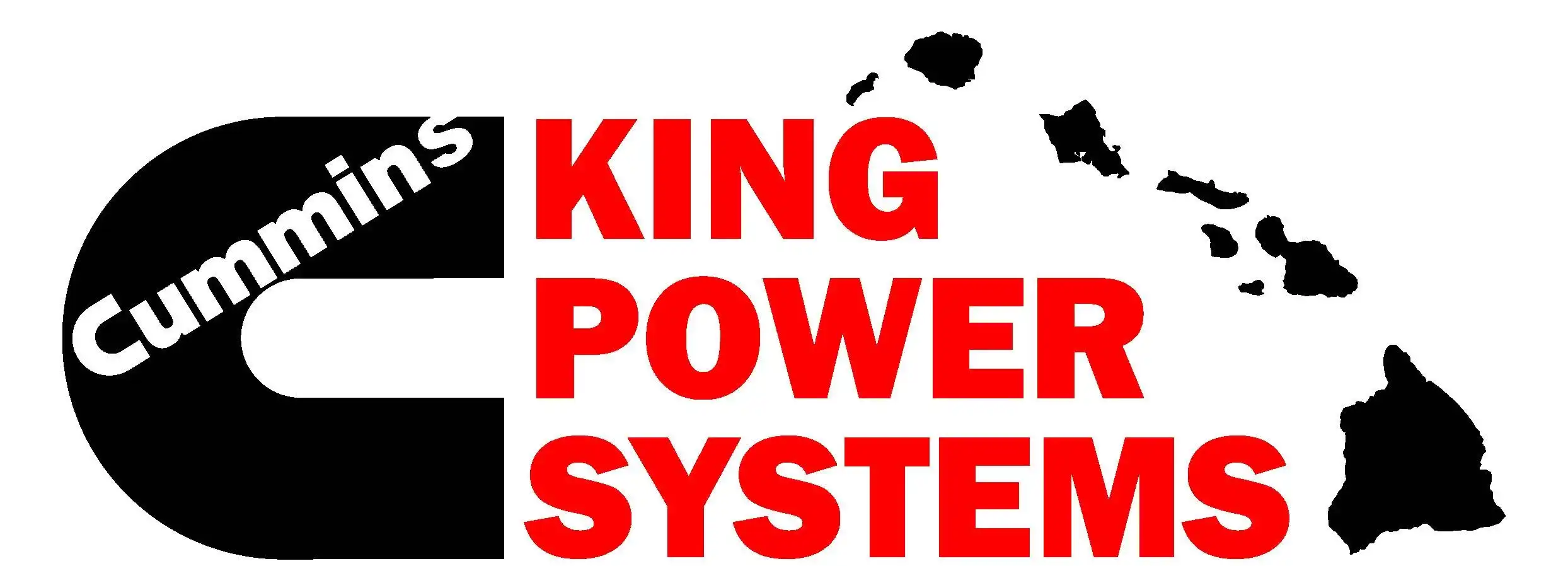Talking Law: Expunging a Criminal Charge
Nobody wants a lingering criminal charge following them around as they try to get jobs, travel and so forth.
Removal of that record, a process known as expungement, can help if you’ve been arrested or charged with, but not convicted of, a crime. Expungement is also possible you if were convicted of DUI when you were under age 21, or convicted on a first-time drug or property crime offense. Your arrest record must meet certain criteria as specified by certain Hawai‘i Revised Statutes; if it does, you can apply for expungement without an attorney’s involvement (unless it’s a complicated case) using a one-page, fill-in form and paying a $35-$50 fee. Get more important details from attorney David Sereno in our Talking Law video above.
Your record will usually be expunged within a few weeks, though there is an exception: if you received what’s known as a deferral, or deferred acceptance plea.
“There are times in criminal cases when the court will defer acceptance of your plea, which basically says, ‘If you do what I tell you to do for a year or four years or five years and you’re arrest-free and you’ve done well, we’re going to dismiss the case,'” explains Sereno. “In that case, you have to wait a full year from that dismissal date to apply for the expungement.”
Every state has some sort of expungement process, and Sereno advises you to do some research, see whether or not it’s on the record, if it was a deferral and so forth, then go through the method to expunge. For criminal charges in our state, along with DUI, first-time drug, property crime or under-21 convictions, visit the Hawaii Criminal Justice Data Center for more details on Expungement.
See other Talking Law videos, like our interview on Medical Marijuana and Guns, throughout our Business section.








